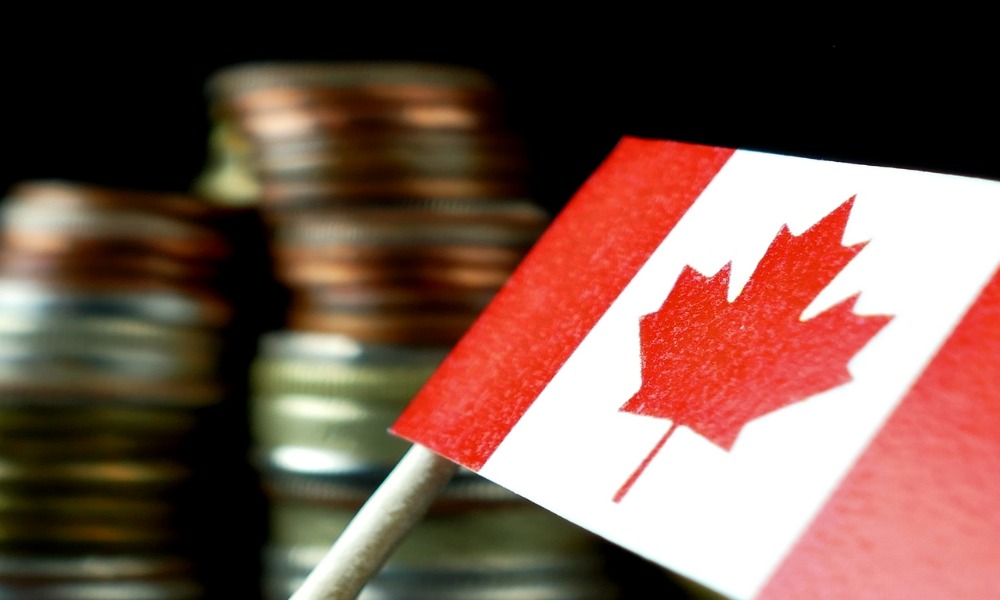Fiscal prudence is needed to ease cost-of-living pressures

Economists are urging prime minister Justin Trudeau to cut back on spending in the upcoming budget as a strategy to facilitate the Bank of Canada's ability to reduce interest rates and ease the financial strain on Canadians.
The call for fiscal prudence comes at a time when Trudeau's administration, which has significantly increased public health and social service spending over the last eight years, faces pressure due to high cost of living and poor polling numbers. The pandemic saw government spending surge, leading to Canada's largest deficit since World War II in 2020.
Analysts emphasize the urgency for Trudeau to streamline the government's finances, warning that failure to do so could harm his political credibility and compel the central bank to maintain elevated interest rates longer than necessary.
Desjardins Group senior director Randall Bartlett pointed out the potential benefits of reduced government expenditure, stating, "If [the government] did hold back its spending... that would help to provide more of a disinflationary impulse to the Canadian economy.
"Further increases in spending in the budget would mean the bank can't start cutting rates as early or as quickly as Canadians would prefer,” Bartlett added, highlighting that there has been a 6% spending jump this year despite expectations for a decrease in direct program expenses.
Read next: Slow economic growth raises concerns over Canada's future outlook
The upcoming budget is scheduled to be presented on April 16, as announced by the Finance Ministry. Meanwhile, the BoC has maintained its key overnight rate at 5% in its last four meetings, facing persistent inflation pressures from housing costs, food prices, and wages. The Bank is expected to hold rates steady at its next announcement.
The Liberal government's spending strategy has drawn criticism for potentially hindering efforts to combat inflation, a concern echoed by BoC governor Tiff Macklem. However, finance minister Chrystia Freeland assured lawmakers that the upcoming budget would pave the way for lower rates and that the fiscal targets established last fall would be achieved.
Government spending on salaries, grants, subsidies, and capital expenditure has notably increased, doubling to about 10% of GDP since 2015. This fiscal year's federal deficit has already significantly exceeded the previous year's figures.
Robert Asselin from the Business Council of Canada warned that the government is likely to surpass its deficit target by $20 billion, exacerbating debt servicing costs. The Parliamentary Budget Office also projected an increase in the budget deficit to $46.8 billion for this fiscal year, with the government's debt service ratio expected to remain high.
Make sure to get all the latest news to your inbox on Canada’s mortgage and housing markets by signing up for our free daily newsletter here.



